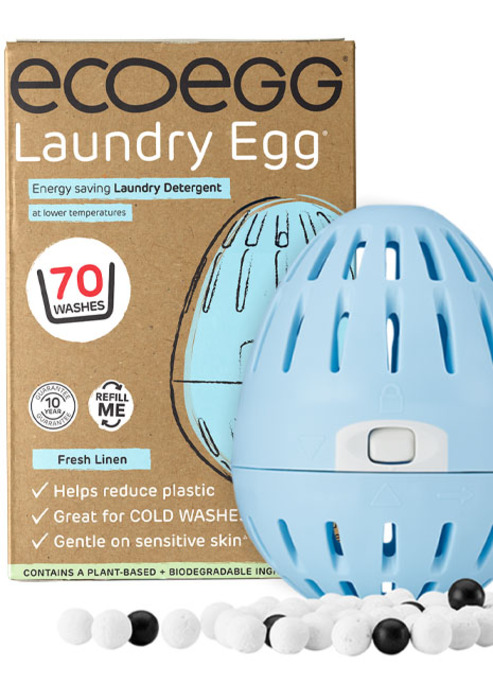
Fast-Fashion And Sustainability: Reality Or Just A Marketing Strategy?
The thin line between good intentions and higher profits.
According to the latest reports, we have around 10 years to reverse the effects of climate change in order to keep our planet alive and the fashion industry, being one of the most pollutant entities on Earth needs to step up and lead the change.
Up to this point, sustainable fashion items are still considered a luxury due to their cost. In 2018 though, quite a few brands from the High-street scene like H&M, Zara and Target, made the first step forward signing the New Plastics Economy Global Commitment, created by the Ellen MacArthur Foundation along with UN Environment. This agreement has the aim to drastically cut the use of plastic materials for packaging and in the end, to have all plastics be recyclable or reusable by 2025.
While all this looks promising and quite frankly like a dream, recent reports show that maybe we are putting our hopes up a little bit too quickly.
According to an article in Fast Company, The Norwegian Consumer Authority (CA) is calling out H&M about being vague and failing to provide adequate details about how and why their garments are less polluting than others. According to the CA, without proper information about the making process and the origin of used materials, is not clear if the brand is really becoming more sustainable or if they are just using a marketing strategy to paint themselves green to generate higher profits.
A few days ago Zara announced that by the end of 2019, 7500 stores will be eco-efficient and that the Inditex Group is working non-stop to make sure that 100% of their collection will be made with sustainable fabrics by the end of 2025.
What Pro-Sustainability’s Organisations are pointing out though is that even in this case, there is no accurate information about what kind of materials will be used. The generic claim that Organic Cotton will be the prime material for Inditex future collections doesn’t seem enough because this type of material can decompose, but it still uses a dangerous amount of water and energy to manufacture.
With these issues coming up, is not entirely clear if these brands are really committed to change their game and help the planet or if they are using this topic to paint themselves in a better light and attract more customers with misleading promises.
Here at Fizzy we really hope that these brands will be more transparent about their future plans to become as much sustainable as possible and that the safety of our planet will be put before any sales strategy.
Next up, Prada To Convert To Recycled Nylon By 2021











